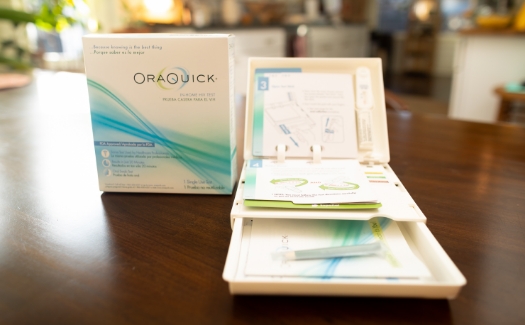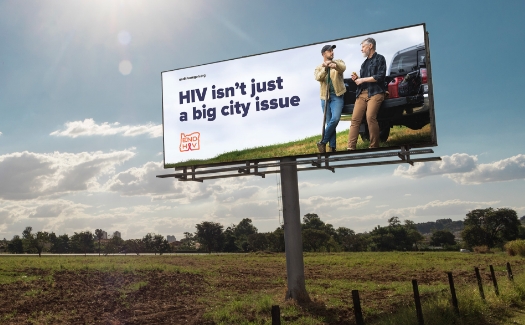
Delayed testing
People living in rural Oregon are more likely to delay HIV testing compared to people living in more urban areas, which means they are often diagnosed late in their HIV infections.
People living in rural Oregon experience social and structural barriers that may increase their vulnerability to HIV and STI. With this latest media campaign, End HIV Oregon and HIV Alliance want to increase testing and address stigma and sexual health in rural parts of SW Oregon and Linn County.
Find HIV and syphilis testing resources in:


Knowing your HIV status is a sign of strength, not weakness. There are testing, prevention and treatment resources available to you, and some of it is free.

Ask your doctor about an HIV test. Most health insurance plans cover HIV testing. HIV tests can be provided with other routine screenings like blood pressure and cholesterol checks.
Free at-home testing is also available to people in Oregon.
 Order a free HIV home test
Order a free HIV home test 

Using condoms during sex and taking PrEP help protect you from HIV. End HIV Oregon and your local public health department can help you access prevention tools.
 Order free condoms
Order free condoms  Find PrEP
Find PrEP 

People living in rural Oregon are more likely to delay HIV testing compared to people living in more urban areas, which means they are often diagnosed late in their HIV infections.

New HIV and syphilis cases are on the rise throughout Oregon, including in rural communities. SW Oregon, particularly Jackson, Douglas and Coos counties, has seen a significant increase in new HIV cases. And between 2018-2023, Linn County had the 7th highest rate of HIV by county in Oregon.

End HIV Oregon in partnership with HIV Alliance launched a media campaign in 2024 to begin a conversation about testing for HIV/STI in rural communities. The campaign will reach people living in SW Oregon and Linn County. Everyone has an HIV status. Get tested.

Reaching people with HIV/STI education and removing barriers to care in rural communities throughout Oregon remains a priority for End HIV Oregon.